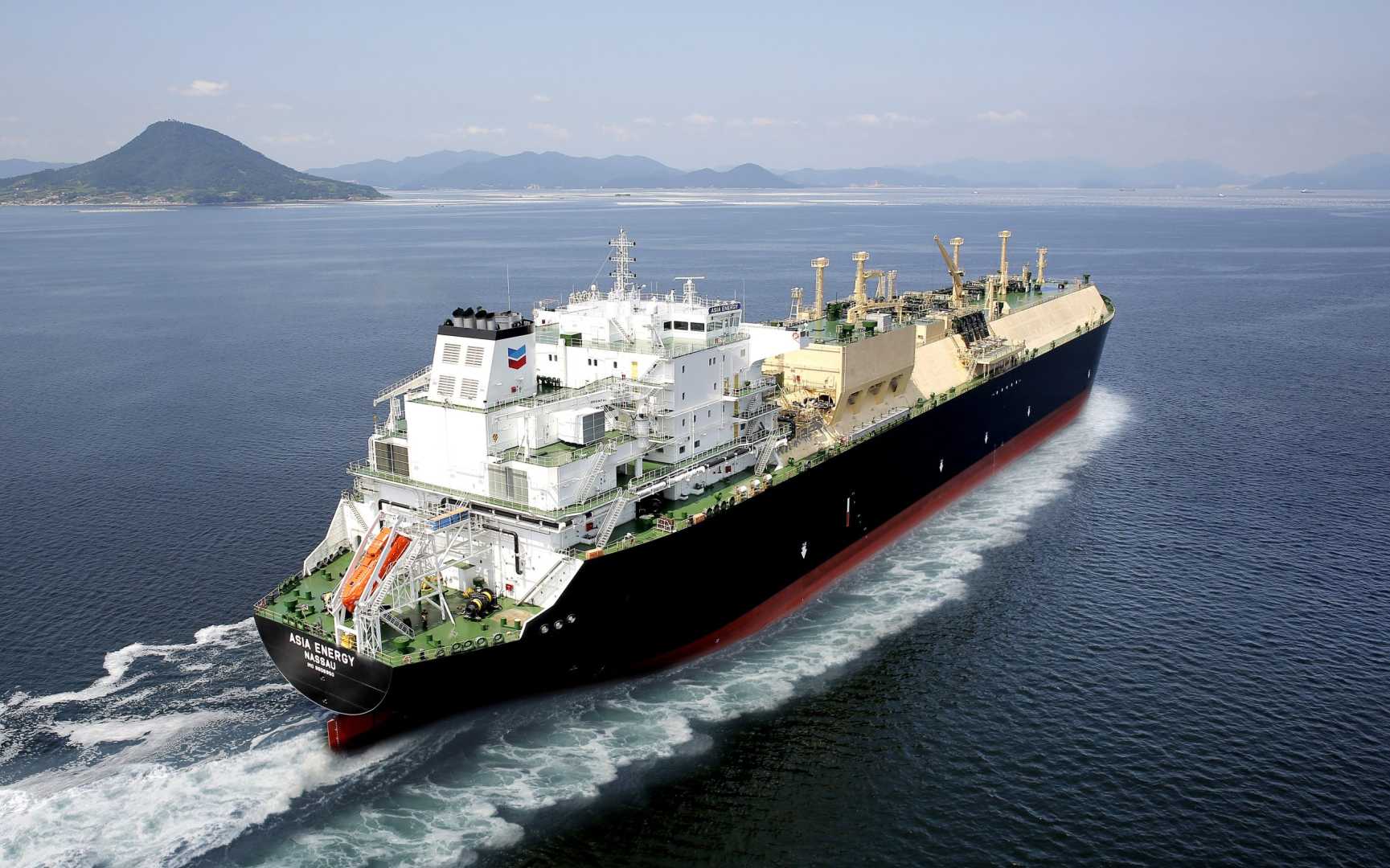World
Venezuela’s Oil Lifeline Persists Despite Election Controversy

CARACAS, Venezuela (AP) — In 2022, the White House granted Venezuela a financial lifeline, allowing U.S. energy giant Chevron to resume oil production and exports, following President Nicolás Maduro‘s promise to work toward a democratic presidential election. However, Maduro’s recent re-election for a third term, marred by allegations of fraud, has reignited debates over the U.S. decision to maintain the sanctions reprieve.
The Chevron permit, issued to “support the restoration of democracy,” has become a critical source of revenue for Venezuela’s government. Despite calls from Venezuela’s opposition and U.S. lawmakers to revoke the license, the Biden administration has kept it in place, citing ongoing policy reviews. The permit now accounts for roughly a quarter of Venezuela’s oil production, generating billions of dollars for the state.
Venezuela, home to the world’s largest proven oil reserves, has seen its oil industry collapse under years of corruption, mismanagement, and U.S. sanctions. Production plummeted from 3.5 million barrels per day in 1999 to less than 400,000 barrels per day in 2020. Chevron’s return has helped boost output, with joint ventures producing 200,000 barrels daily by 2024, sold at global market prices.
“What Chevron is doing is buying oil from joint ventures,” said Venezuelan economist Francisco Rodriguez. “This purchase generates revenue for the joint ventures, which then pay taxes and royalties to Venezuela’s government.”
However, the lack of transparency surrounding these transactions has raised concerns. Neither Chevron nor the Venezuelan government has disclosed the terms of their agreement. Chevron spokesman Bill Turenne stated the company operates “in compliance with all applicable laws and regulations.”
Maduro’s disputed re-election in July 2024 has further complicated the situation. Opposition leaders and international observers, including the U.N. and the Carter Center, have questioned the legitimacy of the results. The opposition claims their candidate, Edmundo González, won by a two-to-one margin, but electoral authorities provided no detailed vote counts.
“The election was stolen. Therefore, the basis for any lifting of sanctions doesn’t exist,” said Elliot Abrams, former U.S. special representative for Venezuela. “So, why isn’t the administration reimposing the full sanctions?”
Maduro, sworn in for another six-year term on Jan. 10, 2025, has dismissed criticism, vowing that Venezuela “will not be colonized or dominated.” Meanwhile, the economic and humanitarian crisis in Venezuela continues to worsen, with over 7.7 million people fleeing the country since 2013.
Economist José Guerra noted that Chevron’s operations have bolstered Venezuela’s foreign reserves by $1 billion since 2022. However, the government’s use of these funds remains unclear. “The only explanation is that Chevron exports without discounts, and that is what is feeding the reserves,” Guerra said.
In the U.S., bipartisan efforts to revoke Chevron’s license are gaining traction. Rep. Debbie Wasserman Schultz and Rep. María Elvira Salazar introduced a bill to prohibit new and existing licenses for companies operating in Venezuela. “Oil exports are the lifeline of the socialist Maduro regime,” Salazar said.
As the debate over Venezuela’s oil lifeline continues, the Biden administration faces mounting pressure to reassess its policy. “It matters what would happen afterwards,” President Biden said, defending his cautious approach. “We are still investigating the impact.”












